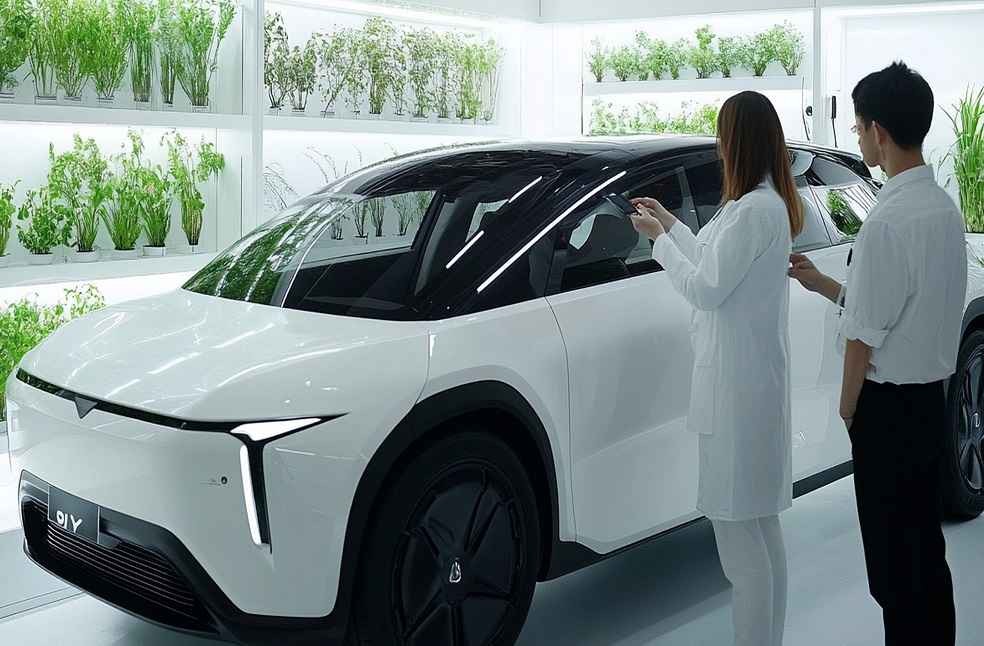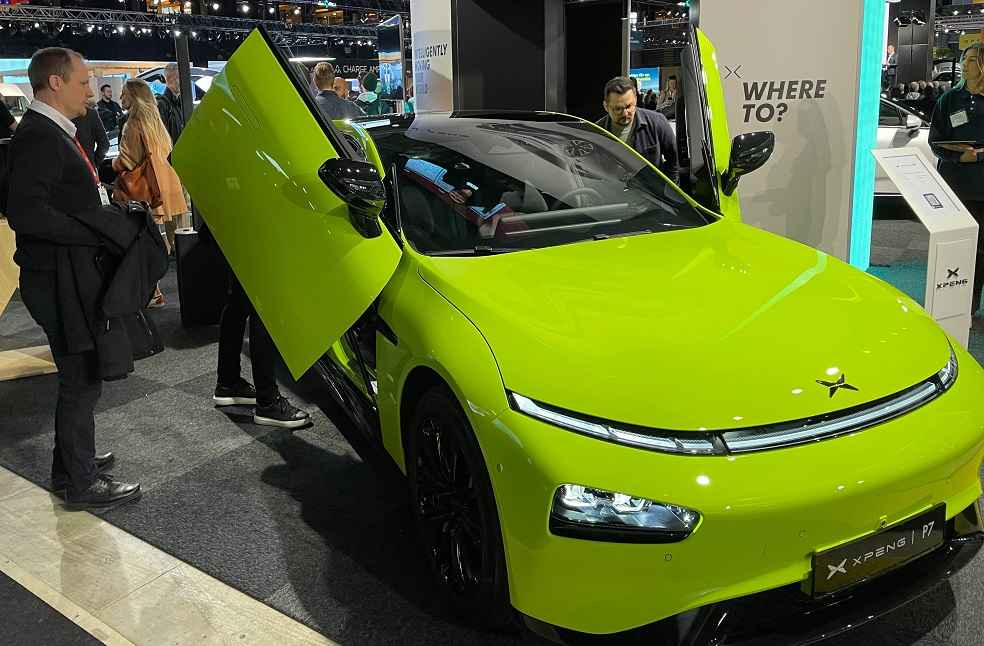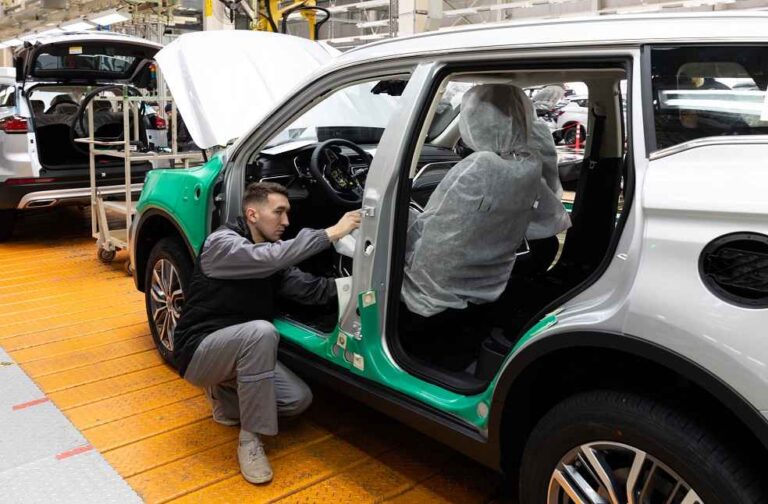With Chinese EV Automakers setting their sights on Europe, a transformation is brewing in the continent’s auto industry. Driven by soaring exports and looming tariffs, Chinese EV giants are laying groundwork to manufacture locally, targeting a greater share of the European market. This move intensifies competition for European automakers, already grappling with pricing pressures and slower demand at home. Here’s an overview of major Chinese automakers’ strategies and expansion plans.
Surge in Chinese EV Imports to Europe
Chinese-made EV imports have surged across Europe, offering budget-friendly alternatives that often undercut local prices. In response, the European Union (EU) has imposed import tariffs on Chinese-made EVs, arguing that these vehicles benefit from substantial state subsidies. This new cost structure is driving Chinese manufacturers to consider establishing European plants as a way to sidestep tariffs, gain customer trust, and increase their presence on European roads.
Key Players in China’s Expansion to Europe
Several Chinese automakers have already made significant strides toward establishing their brands and assembly lines within Europe. Here’s how some of the leading brands are proceeding:

- Chery Auto: Chery Auto, China’s top automaker by export volume, is pioneering local production in Europe. In partnership with Spain’s EV Motors, Chery is set to open its first European manufacturing plant in Barcelona. The production, slated to begin this year, will feature vehicles from both brands. Beyond Spain, Chery is exploring options in Italy and the UK, with plans for a British factory by the end of the decade.
- BYD: The world’s largest EV manufacturer, aims to manufacture all its Europe-bound vehicles locally. At the Paris Car Show, BYD shared its ambitious plans to produce EV components in Europe and assemble battery packs at facilities in Hungary and Turkey, importing only the battery cells from China. This commitment underscores BYD’s determination to expand its European footprint while adapting to local market demands.
- Leapmotor: In collaboration with Stellantis, Leapmotor is preparing to offer budget-friendly EVs in Europe, including the T03 compact city car. Assembly will take place at Stellantis’ Tychy plant in Poland, while discussions for European manufacturing of the C10 SUV are ongoing. Stellantis holds a 51% stake in this venture, granting it exclusive rights to build and sell Leapmotor products outside of China.
- SAIC Motor: China’s state-owned SAIC Motor, known for its MG-branded vehicles, is actively scouting locations for an EV factory in Europe. With an established parts center in Amsterdam, SAIC is planning to add a facility in France to cater to rising demand. This dual-plant approach positions SAIC to capture a substantial share of the European EV market.

- Xpeng: Xpeng, a rapidly growing EV manufacturer, is also contemplating a European factory to circumvent the EU’s tariffs. Xpeng’s expansion into Europe aligns with its global strategy to challenge traditional automakers and strengthen its brand presence on the continent.
- Geely: Geely is conducting feasibility studies for a European production site, with Poland emerging as a potential location. However, negotiations with Polish officials have not yet reached a conclusion. Geely’s cautious approach suggests a strategic evaluation of partnerships and market conditions before fully committing.
- GAC: State-owned GAC is exploring ways to establish a European manufacturing presence and has set an ambitious target of achieving 500,000 overseas sales by 2030. While GAC does not yet sell EVs in Europe, the company aims to launch a European-tailored electric SUV, marking its entry into the market.
- Great Wall Motor: Great Wall Motor is reportedly in talks with Hungary to build its first European plant. However, recent layoffs in Germany have cast uncertainty over its expansion strategy. While Great Wall may be reassessing its European operations, its interest in Hungary signals an intent to maintain a foothold in the region.
- Dongfeng Motor Group: Dongfeng Motor Group is in advanced discussions with Italian officials regarding a potential manufacturing plant. However, the automaker remains cautious, pending further assessment of the European market’s demand.
Chinese EVs in Europe

With Chinese automakers committing to local production, European consumers can expect an expanded selection of cost-effective EVs. This shift will likely spark intensified competition, prompting both European and Chinese manufacturers to innovate and adapt to regional preferences.
As Chinese EV automakers invest in Europe, their ambitions are set to reshape the industry, posing both opportunities and challenges for Europe’s auto sector. The establishment of European factories may streamline Chinese companies’ entry into the market, fostering collaboration, growth, and sustainable mobility across the continent.
Chinese automakers are not only here to stay but are prepared to adapt, collaborate, and thrive within Europe’s competitive landscape.
SPECIAL STORY | Global Small Electric Vehicles Market to Reach $68.65B by 2030





